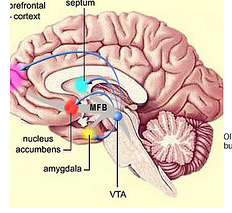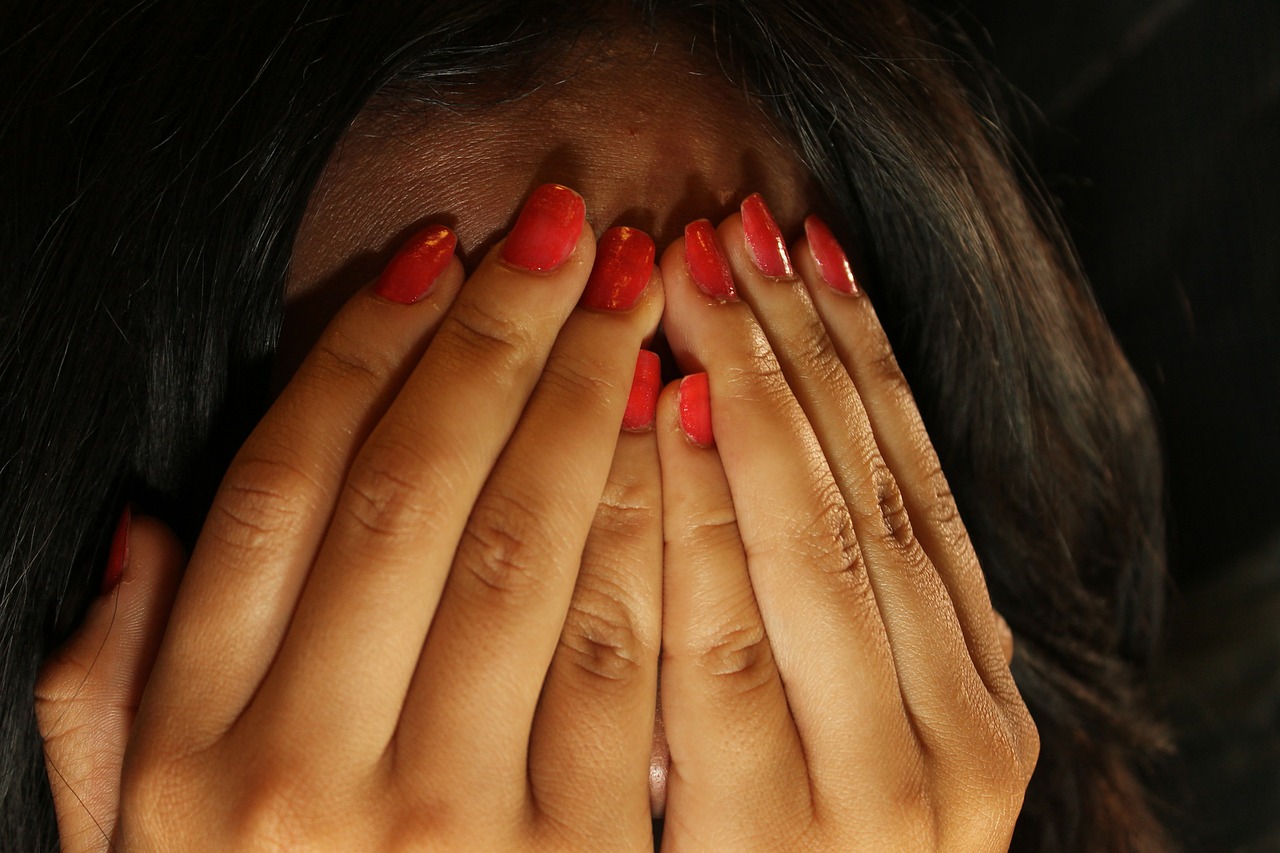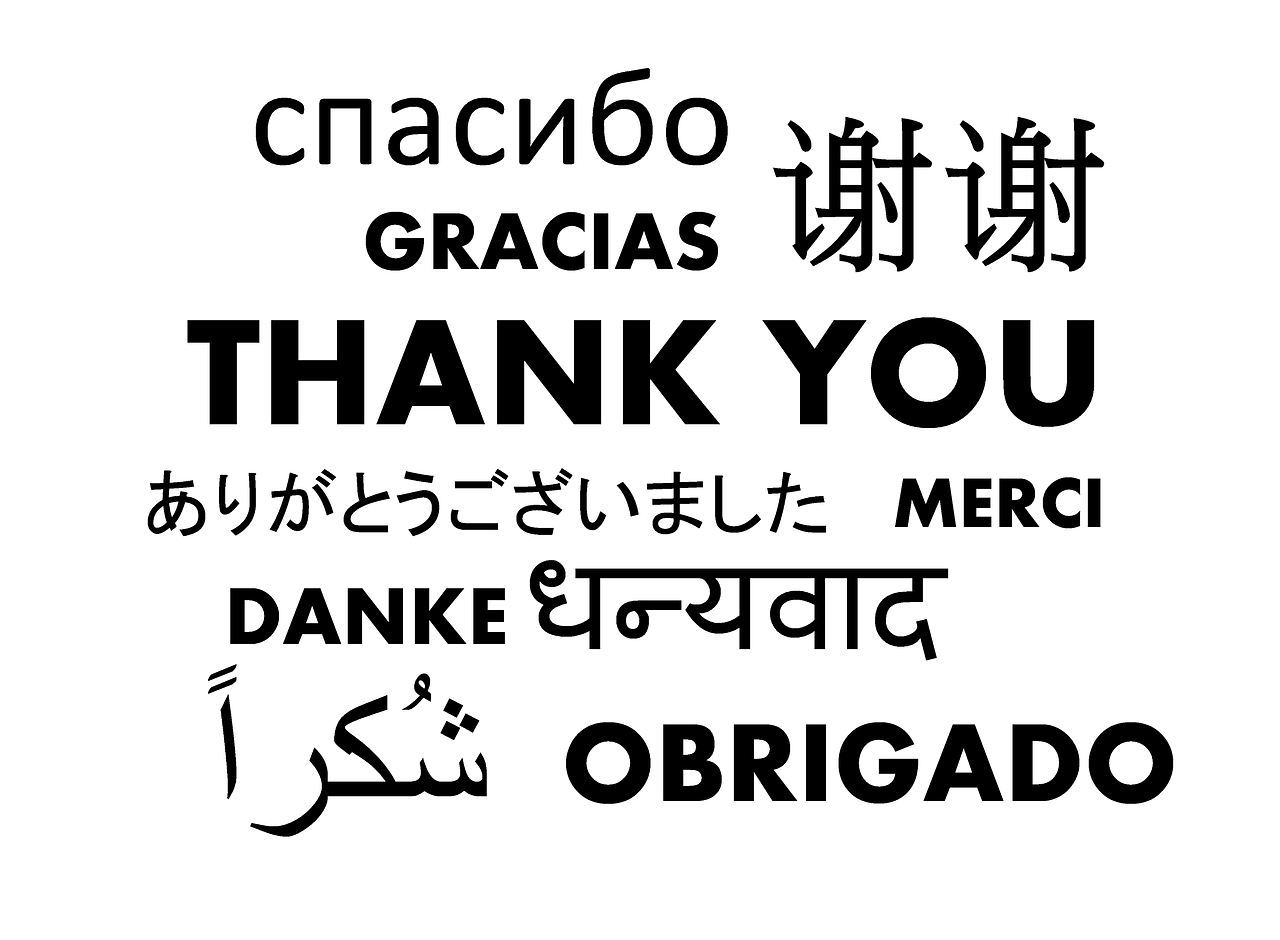How the Mind Shapes Your Pain
Do you have a hard time recovering from accidents?
Are you in chronic pain?
I used to be miserable and in pain with injuries. I remember twisting my ankle playing miniature golf, and I was out of my usual exercise routine and was depressed for weeks. 
Then a few years ago, I twisted my ankle in a step class and the first thing I did was used EFT (tapped). I didn’t care what people thought and I tapped as I was taken to the emergency room and in the doctor’s office. I tapped on the embarrassment of having fallen, I tapped on how difficult it was going to be to get around, I tapped on the anxiety about not knowing how bad the damage would be, I tapped on the pain and worry about not being able to exercise (which is an important stress reliever and anti-depressant for me), and I tapped about the potential loss of income (as a group exercise instructor).
By the time the doctor saw it, it was a Grade I sprain. I went home that day on crutches, but with no pain, and no drugs. By the evening I could hobble around without crutches. Eight days later, I was teaching group exercise again, and 11 days later I was 100% back to normal!
Why did I have such drastic differences in my recovery?
Read MoreAre Emotions in the Brain or Body?
As a part of my doctoral training in Neuroscience, we learned that the amygdala was the seat of all emotions. But as a person who suffered from depression, anxiety and panic attacks, I was well aware that that the emotions I felt were very strong in my chest and stomach, so I felt like something was missing in this explanation.
Since then, Western science has begun to expand its view on the subject. I’ve also learned that Eastern medicine has a very different take on the origins of emotions. There are interesting findings that we have from the Emotion Code, and body workers as well. Below I will summarize the different perspectives, and provide context to a unified understanding of where emotions come from, and where they go.
Read MoreDoes Inequality Affect Your Happiness
You may not know this about me, but after I got my Ph.D. in Neuroscience, I spent about 10 years in the field of public health (specifically epidemiology) looking for underlying factors that contribute to mental and cognitive health problems across populations. One of the things that resonated with me about the field of public health, was that we looked at risk factors at all levels ranging from the individual, to the relationship level, community level and societal level. While most of my writings have been on things that we can do in our relationships and personally to improve our mental health, we cannot forget the enormous role that our communities and society play in our happiness.
Right now a major contributor to our mental health is the increasing inequality that we are experiencing. Income inequality is at an all time high, and the richest 85 people have as much wealth as the poorest 3.5 billion. And in a comparison across 31 countries, US has the second highest level of inequality, only second to Chile.
So how does income inequality affect our mental health?
Read MoreHow to Conquer Fear
My Greatest Fear – Public Speaking!
I used to have a tremendous fear of public speaking. Actually, specifically, my fear was about my mind freezing. I would write out every word of my speech or lecture and practice reading it over and over until I could look up at the audience every once in awhile. I didn’t connect well with my audience and I’m sure the tension I felt radiated through the room.
Now I can connect with my audience and even speak at times with no notes! Most importantly, I’m having fun and my audience is enjoying my talks!
So how do we turn fear into fun?
Read MoreThe Internal Workings of a Depressed vs. Healthy Mind
I find that many people who are depressed don’t know they are depressed, and can’t imagine how good life can be. As a person that has been depressed most of my life, thanks to EFT, the Emotion Code and the Body Code, I now finally know what it feels like to be mentally healthy. I thought it might be useful to both people who suffer with depression and those who’ve never experienced it, to know more about what it feels like to be on the other side.
When we are depressed, we tend to see things through a negative filter, but when we are happy, we have our positive filter on. The consequences to our behavior and experiences can be huge. Check out some of the scenarios below, and feel free to add any in the comments below!
Read MoreWhen Challenged by Gratitude…
There’s been a lot of discussion of the importance of gratitude and why should all write gratitude lists. Being grateful increases our capacity for joy, optimism and happiness, it increases our motivation, strengthens our immune system and decreases our susceptibility to pain, and strengthens our social connections.
But gratitude is not always easy.
Read More








